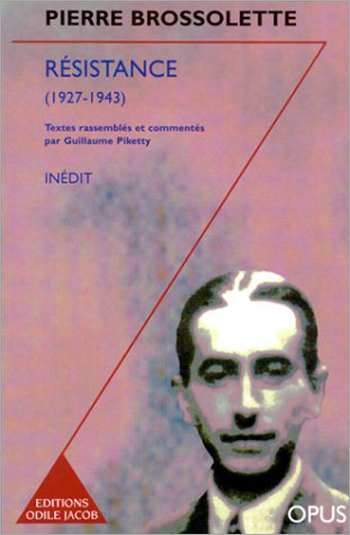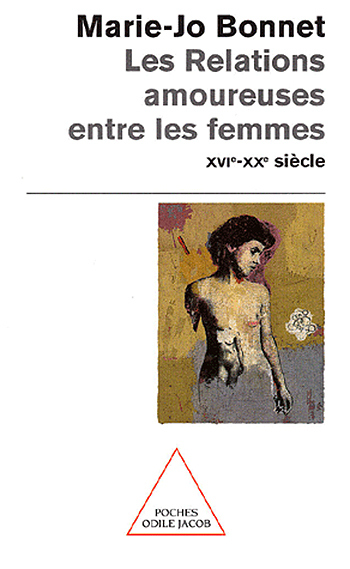History and Geopolitics All books
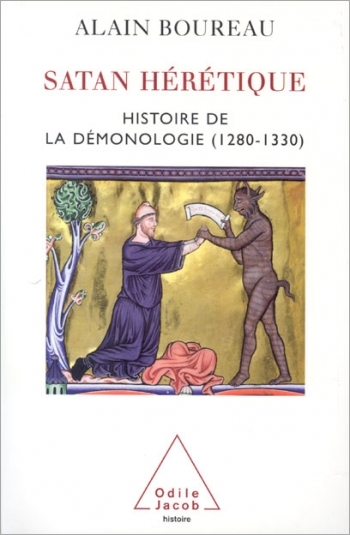
Alain Boureau
Satan, the Heretic History of demonology in Medieval Europe, 1260-1350
Alain Boureau is one of the most original French medievalists. In his earlier, best-selling book on the droit du seigneur, he showed that such a custom had never actually existed. The present work is not about Satan and Satanism, but about the birth of demonology, i.e. about the demons that inhabit Satan's Court - a fascinating topic for a medievalist. Before the end of the thirteenth century, theology had shown little interest in demons, according to Boureau. But Saint Thomas Aquinas' Treatise on Evil, written in 1272, changed all this. Boureau tries to find an explanation. He is not concerned with why people believe in demons - he has not written a social history of demonology. Instead, he sets out to understand why theologians became interested in the subject - for this is a history of theological ideas about demons. The author summarises his explanation as follows: I propose that the date of the invention of demonology be moved forward by more than a century, not because a new doctrine was established and enforced then, as was the case in the fifteenth century, but because of the considerable procedural changes that assimilated witchcraft and invocations of the devil with the crime of heresy, which in turn led to new legal developments and more revelations. In addition, the injection of doctrinal content into the ancient theme of the devil's pact explained demoniac activity in the world. The issue that lies at the heart of these discussions about a pact with the devil, evil and evidence is obviously the emergence of our legal system. Alain Boureau is a director of studies at the Ecole des Hautes Etudes en Sciences Sociales.
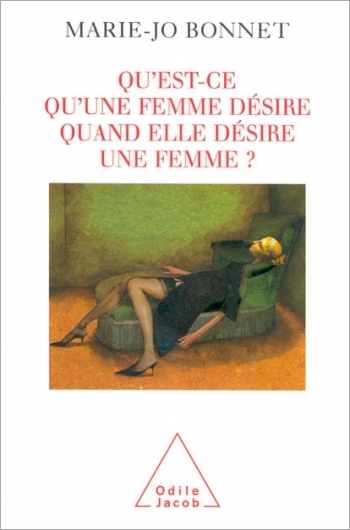
Marie-Jo Bonnet
What Does a Woman Desire when She Desires a Woman?
The desire of women for their own sex is a subject that has been concealed and heavily censored since Antiquity. Yet it has constantly resurfaced throughout history - despite repression, denial and today's feigned indifference - and its existence is a historical and anthropological fact, whatever the dominant opinion may say. Marie-Jo Bonnet argues that lesbianism transgresses social norms and female stereotypes, and breaks with the phallic model and the restricted social role that is assigned to women even today. She sees lesbian desire as a radical instrument of emancipation and offers an original analysis of the women's liberation movement, of recent discussions about homosexuality and, finally, of the persistence of lesbophobia. Desire, regardless of its subject, is always a unique and complex experience, and Bonnet does not ignore this fact. In an original, wide-ranging study of lesbian love through literature, she delves into the work of such major writers of the past as Marguerite Yourcenar, Violette Leduc, Simone de Beauvoir, Djuna Barnes and, surprisingly, Madame de Sévigné, as well as of more recent writers such as Monique Wittig, Anne Garreta and Christine Angot. The author's thesis is that women's desire for their own sex can serve as a tool to empower them to conquer their own space of creativity and liberation. Marie-Jo Bonnet, a writer and historian, is the author of Les Relations Amoureuses Entre Femmes (XVIe-XXe siècle).
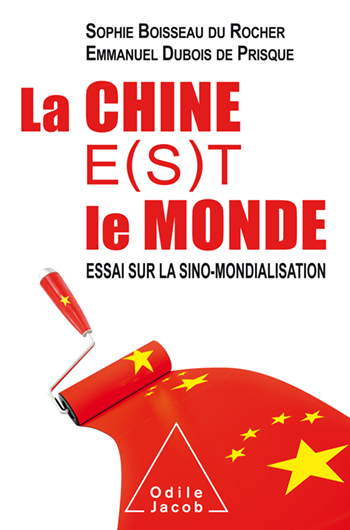
Sophie Boisseau du Rocher, Emmanuel Dubois de Prisque
China Is/and the World A Look at Sino-globalization
By stressing the gap between today’s international system and what it would be in the event of Chinese hegemony, we will understand better what is at play, and what is lost, with the “de-Westernization” of the world.

